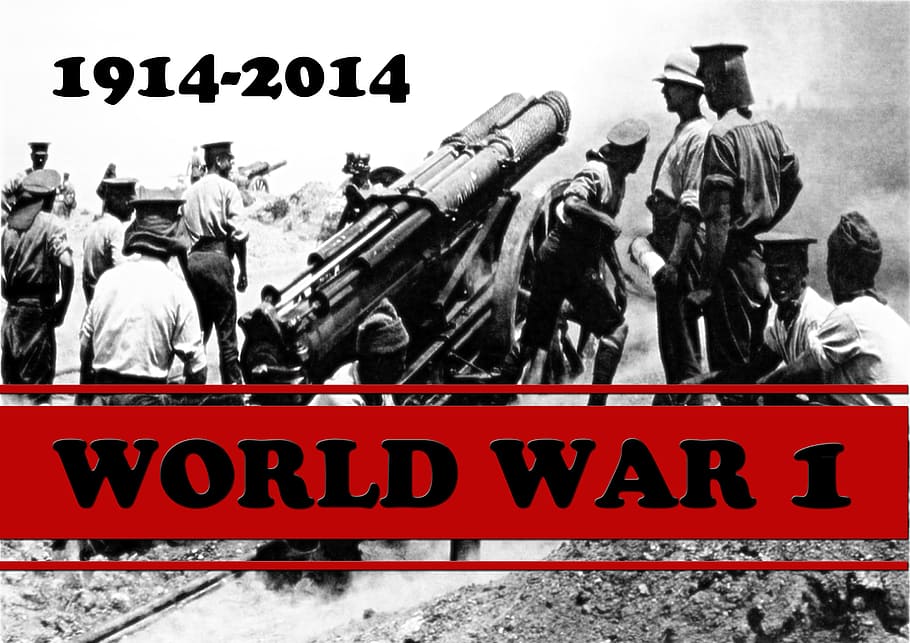
The Story Behind Zip and Postal Codes: How They Came to Be
Unraveling the History of Zip and Postal Codes: From Idea to Modern Use
Zip codes and postal codes might sound complex, but they’re the secret sauce behind smooth mail delivery and communication. Let’s take a deep dive into their history, how they started, and why they matter in our fast-paced world.
Introduction: From Mail Piles to Zip Codes
In this age of instant messaging, zip codes and postal codes are the unsung heroes making sure our letters and packages find their way home. In this article, we’re going to dig into the fascinating history of these codes, how they’ve changed over time, and why they’re so essential.
The Birth of Zip Codes: When It All Began
Think of zip codes like a brilliant solution to the puzzle of sorting and delivering mail faster. The idea was simple: divide the country into sections and give each a unique code.
The Trailblazer of Zip Codes
Back in 1943, a postal worker named Robert Moon had an idea. He thought of dividing the United States into different zones, each with its own special code. This cool idea took time to catch on, and it wasn’t until July 1, 1963, that we got the modern ZIP code system. The very first one was “001,” assigned to Louisville, Kentucky.
Cracking the Code
The ZIP code system made things super organized. Each code had five digits with a purpose: the first three showed a bigger area, and the last two pinpointed a smaller spot. This made sorting mail a breeze and sped up how quickly things got to your doorstep.
How Postal Codes Grew Up: Changing with the Times
As technology got fancier and our ways of talking changed, postal codes had to adapt. They went from simple codes to high-tech tools with lots of uses.https://en.wikipedia.org/wiki/Postal_codes_in_Portugal
From Paper to Pixels: The Digital Shift
When the digital era came, postal codes kept up. They moved from paper to digital screens. Online shopping and social media now use these codes to make sure you get stuff that’s just right for where you live.
Postal Codes Get Smart with Data
Postal codes turned into superheroes for data analysis. They help businesses figure out what people like to buy and where they like to hang out. This means companies can offer things people actually want.
Why Zip and Postal Codes Still Matter
In our jet-speed world, zip and postal codes are like superglue holding everything together. They’re the backbone of fast shipping and smooth communication.
Going Global
Even though the ZIP code started in the U.S., other countries joined in. They made their own versions of postal codes. It’s like a secret language for mail that everyone speaks.
Making Mail Move
If you’ve ever ordered something online, you know how much you wait for it. Postal codes help make sure it gets to you on time. Delivery trucks use these codes to find you no matter where you are.
FAQs – Your Questions, Answered
What were ZIP codes made for? ZIP codes were created to make mail sorting quicker and to make sure your mail goes to the right place.
Who thought up ZIP codes? A postal worker named Robert Moon had the idea in 1943 to make mail sorting easier.
When did we start using ZIP codes? We began using the modern ZIP code system on July 1, 1963.
How do ZIP codes work? ZIP codes have five numbers. The first three tell us about a big area, and the last two point to a smaller part.
How do postal codes help online shopping? Postal codes make sure you see things online that are available where you live.
Do other countries use postal codes too? Yes, lots of countries use their versions of postal codes to organize mail.
In Conclusion: The Story Lives On
The history of zip and postal codes shows how we’re pretty clever at solving problems. These little codes started as solutions to mail messes and turned into worldwide helpers for communication and delivery. As we zip around in the digital age, let’s remember the journey that gave us these handy tools.


